The Sri Lanka Government is compelled to curtail the imports of essential and non-essential items including pharmaceuticals, petroleum, textile fabrics, foodstuffs and machinery and transportation equipment by increasing tariffs but it will not be an effective solution to curb a weak rupee, economic experts said.
Treasury officials are now weighing pros and cons in increasing import duties on commodities and curbing the imports of non essential items as a short remedy to the rupee crisis.
Prime Minister Ranil Wickremesinghe recently stated that the government will have to curtail imports by US $500 million to $1 billion by increasing import duties on the imports of certain commodities.
Officials said this will lead to the restriction on the supply of those commodities including, petroleum, pharmaceuticals, textile fabrics, foodstuffs, etc.
Some other options that the government could select from to deal with the rupee’s depreciation are increasing interest rates or opting for foreign bonds to swell the country’s forex reserves, they added.
Sri Lanka needs $20 billion per annum for its imports while the country’s export revenue is just half, in the region of $10 billion.
A sum of $4 billion per annum is needed to repay a debt installment and interest for the years 2018, 2019 and 2020.
The country requires $24 billion to repay debt installment and for import expenditure this year.
The Treasury official said the demand for the dollar has increased and the supply decreased. This has resulted in the increase in the value of dollar, he explained pointing out that if duties are increased, the money should be used to incentivise and diversify the local manufacturing base. (Bandula)
You can share this post!
Content
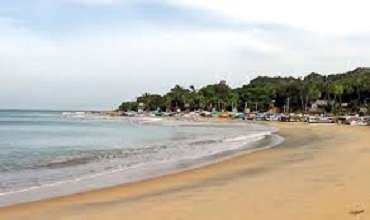
A Thai woman walking topless in Arugam Bay town has been arrested by the Police.
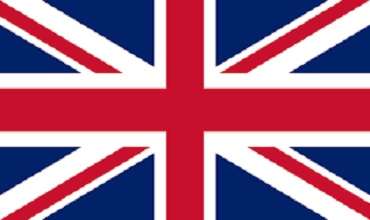
The UK government has unveiled a package of reforms to simplify imports from developing countries which allows for more garments manufactured in Sri Lanka to enter the UK tariff-free.
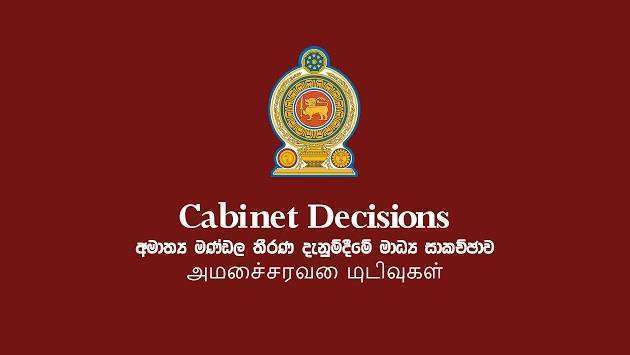
The Cabinet has approved a proposal for Sri Lankans overseas to apply for their passports through an online system via the Lankan diplomatic missions.

Ajith Gallage, the owner of a Bird Park in Nagarawawa, Hambantota, has been remanded over allegations of concealing illegally imported motorcycles, in a warehouse owned by him.
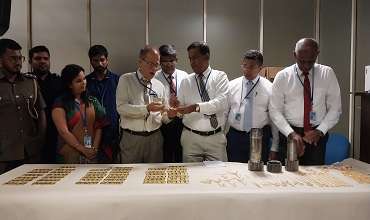
A passenger attempting to smuggle the largest quantity of gold of 35 kilo grams was arrested by the Customs at the Bandaranaike International Airport (BIA) today, a senior official said.
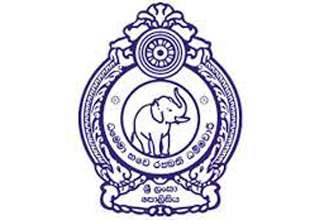
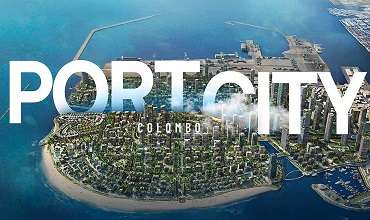
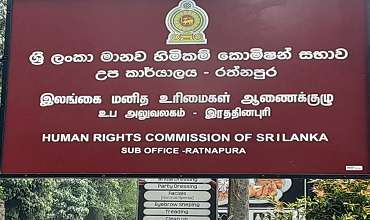
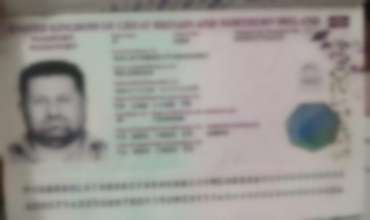



Leave Comments